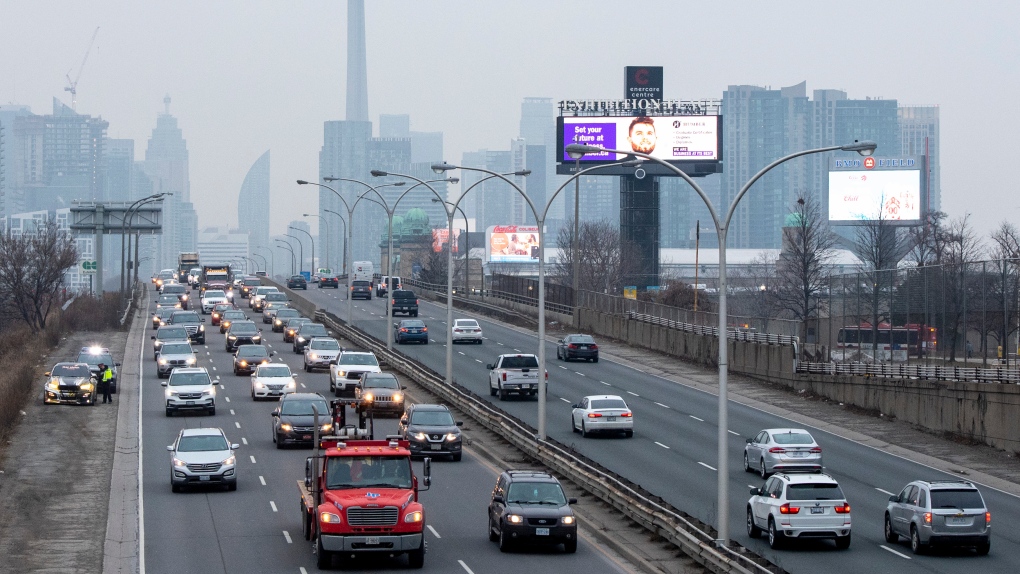
How '15-minute cities' turned into an international conspiracy theory
CTV
Duncan Enright never imagined he'd get death threats over a plan to reduce grinding city traffic. But it is exactly what happened to the local politician in the U.K., who found himself deluged with abusive messages on social media and by email over his involvement in a proposed traffic filtering trial run in the city of Oxford.
Duncan Enright never imagined he'd get death threats over a plan to reduce grinding city traffic.
But it is exactly what happened to the local politician in the U.K., who found himself deluged with abusive messages on social media and by email over his involvement in a proposed traffic filtering trial run in the city of Oxford.
The plan, designed to reduce the use of snarled-up city roads during peak traffic times, would require residents to get permits to drive through the filters, enforced by cameras, on six key roads.
The accusations flung at Enright were wild and varied, and mostly from people with no connection to Oxford, he said. Many were from outside the U.K.
They claimed he wanted to confine people to their neighbourhoods and accused him of being part of a malign international plot to control people's movement in the name of climate action.
"It was quite alarming," Enright told CNN, "I haven't really had anything like that before in my many years in local government."
Enright had been swept into a conspiracy theory, fast gaining pace around the world, which has rebranded plans to cut traffic, reduce air pollution and increase walking and cycling in cities as "climate lockdowns."
